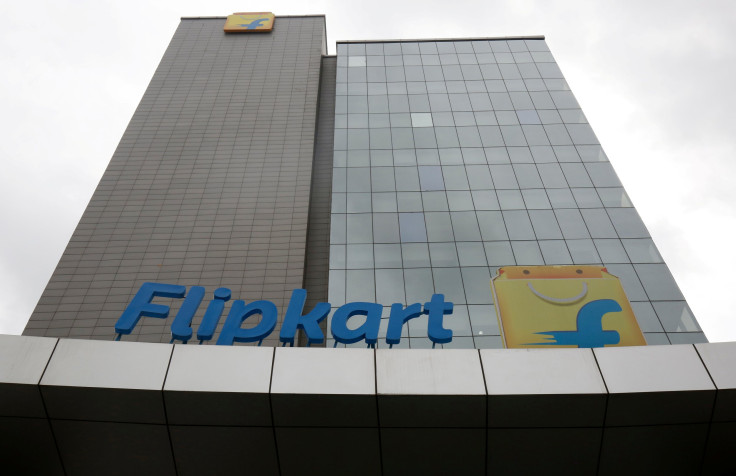Walmart’s Flipkart Interest Will Give Amazon Competition In Indian Ecommerce Market

With Amazon’s growth reaching into physical, brick-and-mortar stores — not just the buyout of Whole Foods but also the opening of its Amazon Go stores — Walmart has good reason to worry. And that may be why it is considering buying ‘a significant minority stake’ in an Indian ecommerce company.
Walmart is in talks to buy as much as 15-20 percent stake in Flipkart, according to a report Tuesday by Indian financial daily, the Economic Times. The report cited two sources familiar with the talks between the two companies, and they also told the newspaper the deal, if it is finalized, would allow the companies to take on Amazon in India.
Earlier in January, Wal-Mart Stores, Inc. CEO and president Doug McMillan visited the Flipkart office in Bangalore, the report said. With him were Marc Lore, CEO of Walmart’s ecommerce business (he was the founder of Jet.com, which Walmart acquired in August 2016 for $3 billion) and Judith McKenna, who is currently the chief operating officer of the group but will become the president and CEO of Walmart International on Thursday.
The deal could be finalized by March, and would see some of the longstanding investors in Flipkart sell their primary and secondary stakes to Walmart. But how much Walmart would pay for this stake is not known. During its last round of fundraising, in August 2017, Flipkart was reportedly valued a little over $14 billion, when Japan’s SoftBank had pumped in about $2.5 billion in India’s homegrown ecommerce heavyweight.
More recent estimates, from January, value the company between $17-19 billion. Taking the lower end of the estimated valuation and also the lower end of the stake Walmart may buy, the deal would be worth over $2.5 billion.
According to the latest iteration of the Indian government’s annual Economic Survey, published Monday, the ecommerce market in the country during the 2016-17 fiscal year was about $33 billion. And in a forecast in October, Morgan Stanley predicted the Indian ecommerce market would be worth $200 billion by 2026.
Amazon announced in 2017 it would spend $5 billion on its Indian ecommerce operations, an amount that Flipkart, at least given its last valuation, would find difficult, if not impossible, to outdo or even match. Soon after it entered the Indian ecommerce space with its own website in June 2013, Amazon announced a $2 billion commitment to its growth in the world’s second-most populous country.
It is not only Amazon that Walmart has to worry about, even though they are the two biggest players in the retail market in the United States. However, China’s Alibaba, whose gross volume sales have already touched (and by some accounts, overtaken) Walmart’s, is also in talks with Kroger. The U.S. grocer is reportedly looking for a strong partner to stave off competition from Amazon and Walmart.
At the close of trade Tuesday, shares of Walmart closed 1.66 percent lower on the New York Stock Exchange, while Amazon, which trades on Nasdaq, closed the day’s trade 1.42 percent higher. Kroger, which also trades on NYSE, was also down by 1.63 percent. Most retail stocks, like Target and Costco, were also lower.
© Copyright IBTimes 2024. All rights reserved.




















